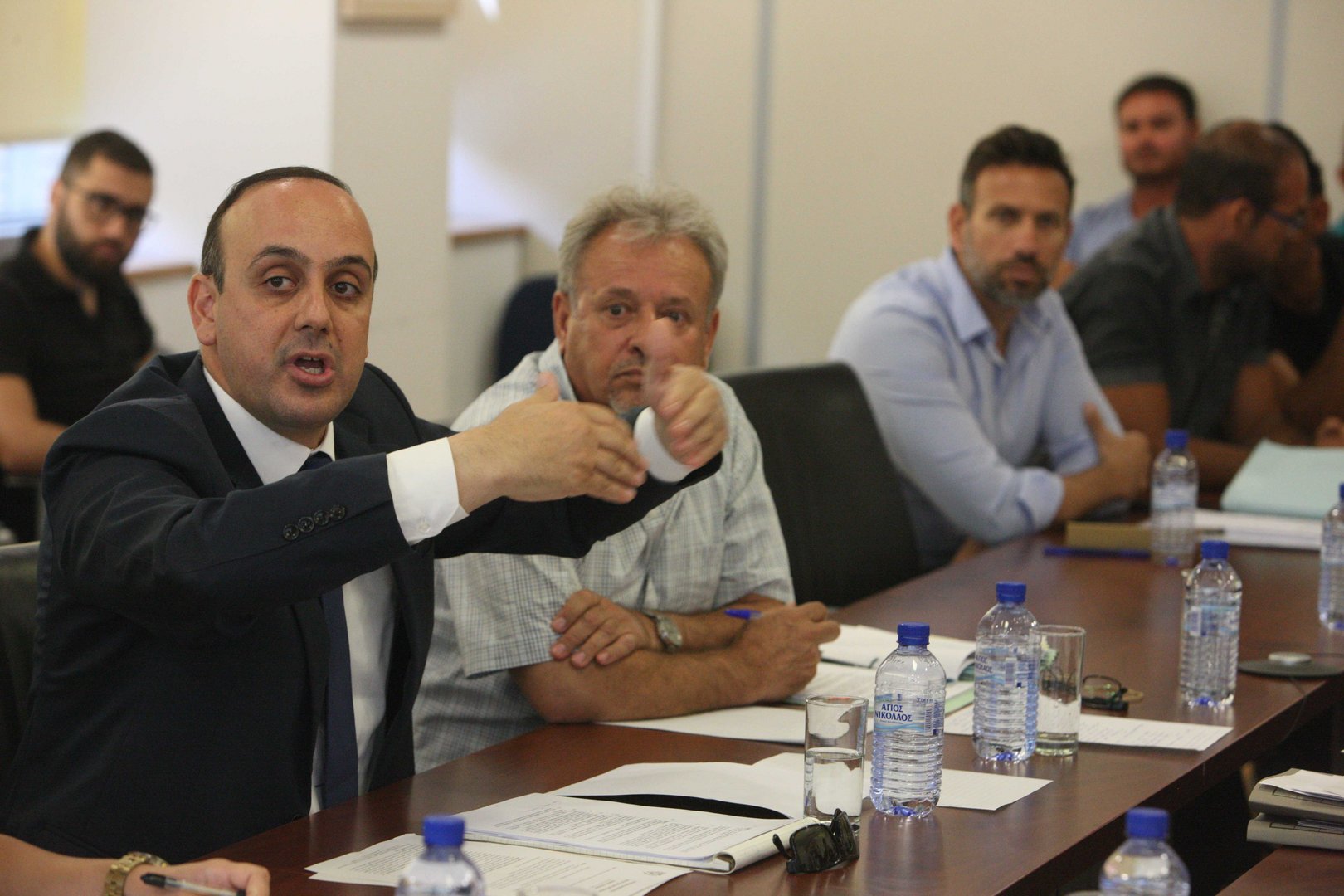Paphos mayor Phedonas Phedonos and the town’s bishop Tychikos are at loggerheads over the organisation of an event next month to mark May 19, the day observed by Pontic Greeks as the “day of commemoration of the Pontic Greek genocide”.
Phedonos told television channel Sigma that in recent years, it has been the town’s municipality which has undertaken the responsibility for organising the annual event, “in order for there to be unity and for all the relevant associations to be together without discord”.
He also stressed the importance of the event for his town, given that an estimated one in five residents of Paphos are of Pontic Greek descent.
However, he said, “this year, without anyone being informed, we saw some photographs on the internet and an invitation” to another event, organised by the Paphos bishopric.
He added that later, “two people materialised and said they represented the Pancyprian association of Greek expatriates”, before going to Tychikos and “starting to collect money without any proof.
“Tychikos, together with these two individuals, organised a memorial service without informing the Paphos municipality. The bishop knew about this, and it was with his cooperation that this thing happened,” he said.
He said that it was for this reason that the municipality had reacted and released a statement earlier in the week, and that “we are experiencing dozens of such incidents in Paphos”.
Additionally, he said, he had attempted to reach out to Tychikos on the matter.
“I called him five or six times about this last incident, and he did not answer me. The last time, he sent me a text saying, ‘bless you’. They closed the bishopric’s doors and told us to go after Easter,” he said.
He called on the Holy Synod to convene over the matter, and added, “it is definitely not the holy spirit which enlightened them to choose Tychikos”.
He then went on to criticise other aspects of how Tychikos runs the bishopric, saying, “the public and priests are in despair”.
“Listen to the bishop telling you that for a non-believer to serve you in a restaurant, you must read him a prayer first. In order to be good Christians, we must go to restaurants with a prayer book. Inside church, he was telling them an icon had spoken and urged them to secure Orthodoxy from Catholics and heretics,” he said.
“He is cultivating hatred between Orthodox Christians and Catholics. Think about what will happen to the Muslims.”
The municipality’s earlier statement had criticised the planning of a separate event, describing it as an “unfortunate action or a mistake” and a “deviation from the institutional order and a deliberate move which sends messages of discord and arrogance to the people and society of Paphos”.
It also confirmed that its own commemorations would be held on May 18, the closest Sunday to the day, at the town’s Ayioi Anargyroi church, while a procession will be held from the town’s Pontic Hellenism Genocide Park to its central October 28 Square later in the day.
However, not everyone was enamoured with the municipality’s stance, with Diko’s town council leader Agathi Savvidou expressing her distaste with the criticism of Tychikos “without any prior institutional communication or attempt at dialogue with him”.
“I believe that such an approach, which involves the Paphos bishopric in a public confrontation, creates unnecessary tensions. Dialogue and mutual respect between institutions is a basic prerequisite for the unity of society and the promotion of the common good,” she said.
The “Pontic Greek genocide” is recognised as a genocide in Greece, Cyprus, and Sweden, with Greek records stating that around 350,000 people died as a result of anti-Greek sentiment.
Turkey denies this, with its position being that the violence was part of the Caucasian front of World War I, alleging that ethnic Greeks in the Black Sea region behind Ottoman lines were conducting espionage activities on behalf of the Russian empire. As such, the Turkish position follows, they were deported further away from the conflict zone.






Click here to change your cookie preferences